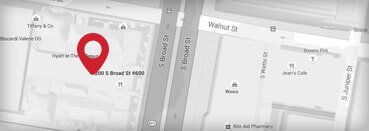Traumatic brain injuries are considered risk factors for other neurologic diseases such as dementia, Parkinson’s disease, and epilepsy. A recently published, British Journal of Psychiatry article discusses “Post-Traumatic Stress Disorder as a Risk Factor for Dementia.” The researchers from the University College of London, UK, Division of Psychiatry, conducted a meta-analysis searching nine electronic data bases up to October 25, 2019 for longitudinal studies assessing post-traumatic stress disorder (PTSD) and the risk of dementia. The researchers’ selection criteria was for adults 18 and older with a similar comparison group of adults without any post-traumatic stress disorder. According to the researchers, “we included studies were a diagnosis of PTSD was based upon: (a) clinical diagnostic criteria (i.e. ICD-9 or ICD-10, DSM-III, DSM-IV or DSM-V or comparable), or (b) a validated self-report scale.” Studies that did not diagnose dementia on the basis of clinical criteria (e.g. NINCDS-ADRA) were excluded.
After performing a thorough search of almost 8,000 records from various populations and countries, the researchers found that PTSD is “an important and potentially modifiable risk factor for all-caused dementia. Meta-analyses showed that the risk of being diagnosed with dementia for individuals with a diagnosis of PTSD is 1.61-1.99 times the risk for those without a PTSD diagnosis.”
The researchers also conducted subgroup analyses which revealed that the “effect in the general population is larger than the effect in veterans, with has an increased risk of 111% and 61%, respectively. That is, in the general population, the risk of being diagnosed with dementia in individuals with PTSD is more than twice the risk than those with no PTSD diagnosis. In the veteran population with PTSD, however, the risk of dementia is more than 1 ½ times higher to that of veterans without PTSD.” If the smaller risk observed in veterans is because they are more likely to receive treatment for PTSD than the general population, this may indicate that PTSD-related dementia risk could be modified by intervention.
If you or a loved one have any questions or concerns regarding PTSD and/or a traumatic brain injury, please contact Bruce Stern and the Traumatic Brain Injury group at Stark & Stark.








